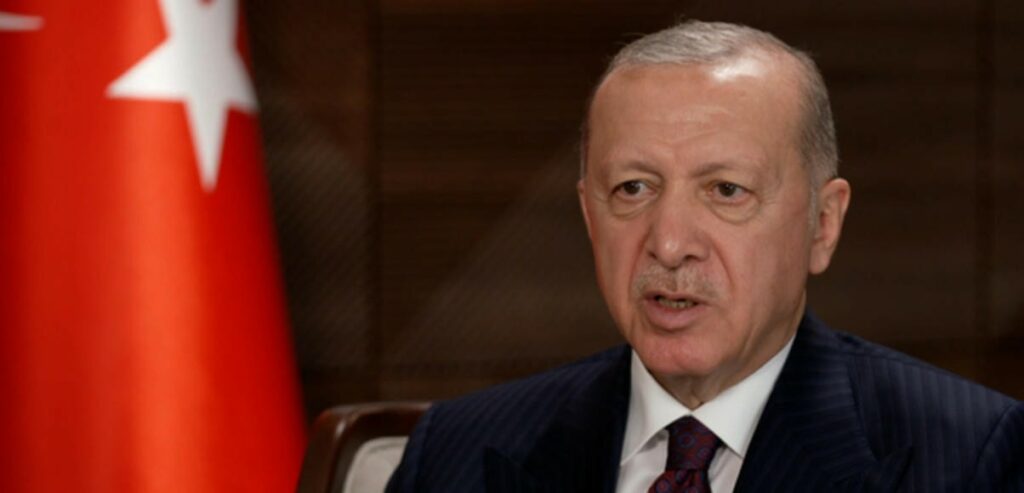Steven A. Cook, the Eni Enrico Mattei senior fellow for Middle East and Africa studies at the Council on Foreign Relations, has said in a recent article for Foreign Policy that Turkish President Recep Tayyip Erdoğan might be too ill to run for re-election in 2023 and that that could create an environment far from “free and fair” for the next election.
Cook stated that evidence raising some obvious questions about Erdoğan’s health was growing, enumerating recent incidents where the president is seen needing the assistance of his wife and an aide as he negotiates a set of stairs, seeming to shuffle and have some difficulty walking at Anıtkabir, the mausoleum of Turkey’s founder Mustafa Kemal Atatürk, and fading out and slurring his words during a televised holiday greeting to members of his ruling Justice and Development Party (AKP).
Noting that it’s never a good idea to make medical judgments from afar, Cook said he would “play out a thought experiment” to speculate what would happen if either by illness or death Erdoğan couldn’t stand for re-election in 2023.
Citing Article 106 of the Turkish Constitution, Cook said Vice President Fuat Oktay would assume the responsibilities and powers that Erdoğan now possesses until an election could be held in 45 days.
“In this context, it is hard to imagine that an election organized in 45 days could be free and fair,” he said, especially since “Erdoğan, through the AKP, has either hollowed out or bent Turkey’s political institutions to his will.”
Saying that Turkey analysts have long assumed that in a post-Erdoğan Turkey, the AKP would split off in ways that would open a pathway to a competitive election that could be won by any one of Turkey’s major opposition politicians, Cook indicated that the assumption underlying such “reasonable scenarios” is the return to so-called normal politics after Erdoğan, adding, however, that there are grounds for skepticism.
Cook also said that “during Erdoğan’s two-decade-long tenure, people within the AKP’s inner circle have grown wealthy and powerful, often through questionable means and practices” as a major reason for those officials, businesspeople and media personalities not to risk their gains by submitting themselves to the uncertainty of more democratic politics.
“Under these circumstances, it is worth considering the possibility that another strongman could rule a post-Erdoğan Turkey, perhaps under a state of emergency,” Cook said, listing National Intelligence Organization (MİT) head Hakan Fidan, Defense Minister Hulusi Akar and Interior Minister Süleyman Soylu among the possible candidates for the office.
Akar, who comes from a similar place ideologically as Erdoğan, seems best positioned to assume leadership, Cook argued, since Fidan operates mostly behind the closed doors of MİT and Soylu is “damaged goods” after recent revelations of notorious Turkish mafia boss Sedat Peker on social media suggesting that the minister was corrupt and in bed with organized crime.
“There is, of course, no way of knowing the actual state of Erdoğan’s health or who might succeed him, but analysts and government officials do themselves no service by assuming that Erdoğan will make it to the 2023 elections,” Cook stated.
Explaining that Turkish politics may snap back to something resembling the status quo ante, or the fissures in the AKP may present opportunities for the opposition, or the country may become more unstable, if Erdoğan doesn’t make it to the elections, Cook said it would be a big mistake to “ignore the signs that the Turkish president may be deteriorating and hope against hope that things will work out.”

